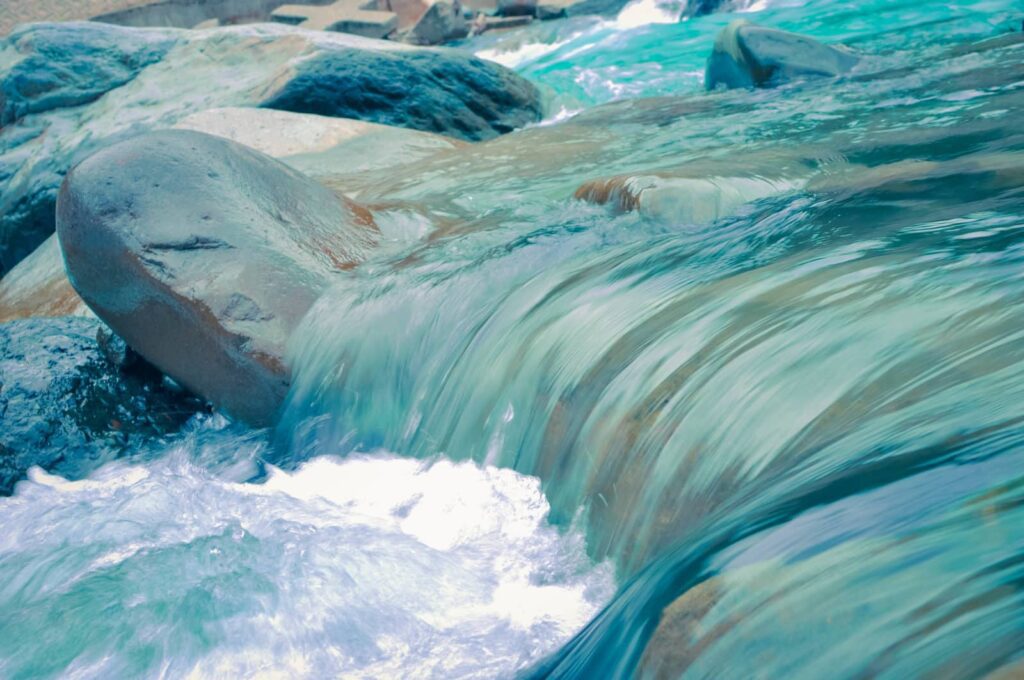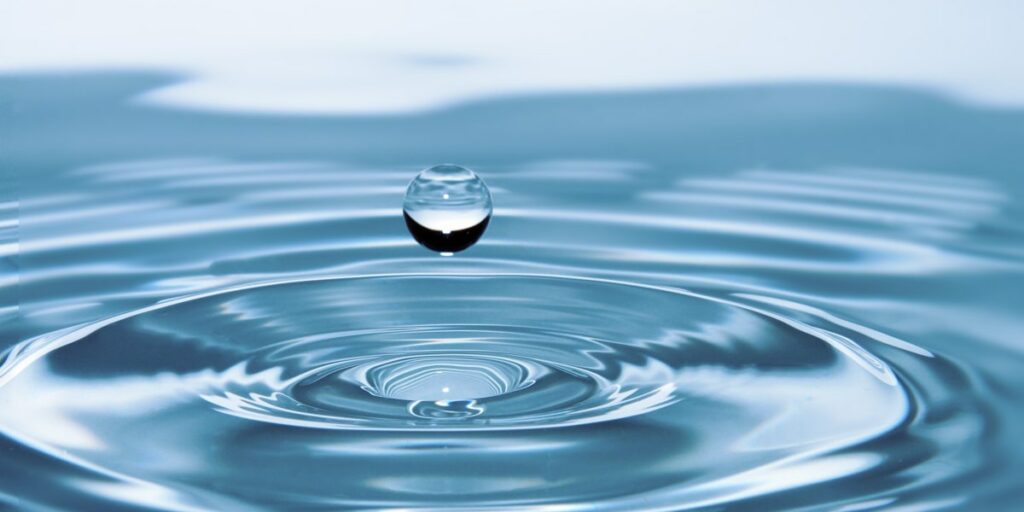Have you ever paused to ponder the journey of the water that quenches your thirst? From its ancient beginnings in Greece and Egypt to the modern filtration systems we use today, water purification has been a crucial challenge since the dawn of civilization.
From Humble Beginnings: Water Filtration in Ancient Civilizations
Historical records reveal fascinating insights into the origins of water purification. Early civilizations developed rudimentary methods for improving water quality, rendering it suitable for consumption and bathing. These processes primarily aimed at enhancing the visual clarity of the water, a necessity as pollution started to affect water bodies.

Evidence from Ancient Sanskrit and Egyptian texts indicates methods like boiling and heating water under sunlight to purify it. The filtration method described involved using sand and coarse gravel, and ancient tombs feature images dating back to BCE, depicting various water treatment techniques.
The famous ancient Greek physician, Hippocrates, also delved into water purification. His health theory revolved around balancing the four senses of humor in the human body. He recognized the essentiality of clean water and created a filter known as the Hippocratic Sleeve—a cloth bag used to filter hot boiled water or wine—for treating his patients.
Innovative approaches to water purification weren’t limited to boiling and filtering, though. Diophantus of Nicaea recommended adding macerated laurel to rainwater. Maximus suggested treating foul-tasting water by incorporating a bag of bruised coral or pounded barley. Gerber, an Arabian chemist, proposed using wick siphons to transfer liquids between containers.

Enter the Age of Experimentation: Water Filtration in the 17th Century
In 1692, Sir Francis Bacon, an eminent name in scientific experimentation, conducted his first desalination experiment. He hypothesized that percolating seawater through sand would desalinate it. Although his experiment didn’t succeed as he envisioned, it sparked further discoveries and innovations in water filtration.
Italian physician Lucan Antonius Portius conducted experiments with a sand filter known as the “Soldier’s Vade Mecum.” Meanwhile, Robert Hooke and Antonie van Leeuwenhoek, known as the fathers of microscopy, developed a microscope that allowed, for the first time in history, the observation of minute particles suspended in water. This invention paved the way for the discovery of waterborne pathogens.

Modern Breakthroughs: Water Filtration in the 19th Century and Beyond
In 1804, John Gibb of Paisley, Scotland, installed an experimental filter in his bleachery. He sold the excess purified water to his local community, a significant milestone in the history of water filtration. By 1829, the Chelsea Waterworks Company in London had advanced to provide the first public safety water supply purified by filtering.
Our modern, reliable water purification systems, now serving cities and homes worldwide, are the result of these historical strides. These systems help prevent impurities and waterborne diseases, even though they’re not 100% effective.
The Continued Evolution of Water Filtration
The development of water filters continues to evolve in tandem with our reliance on industrial chemicals. Today’s whole-house water filters and reverse osmosis systems reflect this journey and the ongoing quest for cleaner, purer water. As a result, accessing clean water is now affordable and feasible in almost any part of the world.

Jay
Jay is a health and wellness enthusiast with expertise in water quality and nutrition. As a knowledgeable advocate for holistic well-being, Jay successfully manages Type 2 Diabetes through informed lifestyle choices. Committed to sharing reliable and authoritative insights, Jay combines firsthand experience with a passion for enhancing health."
